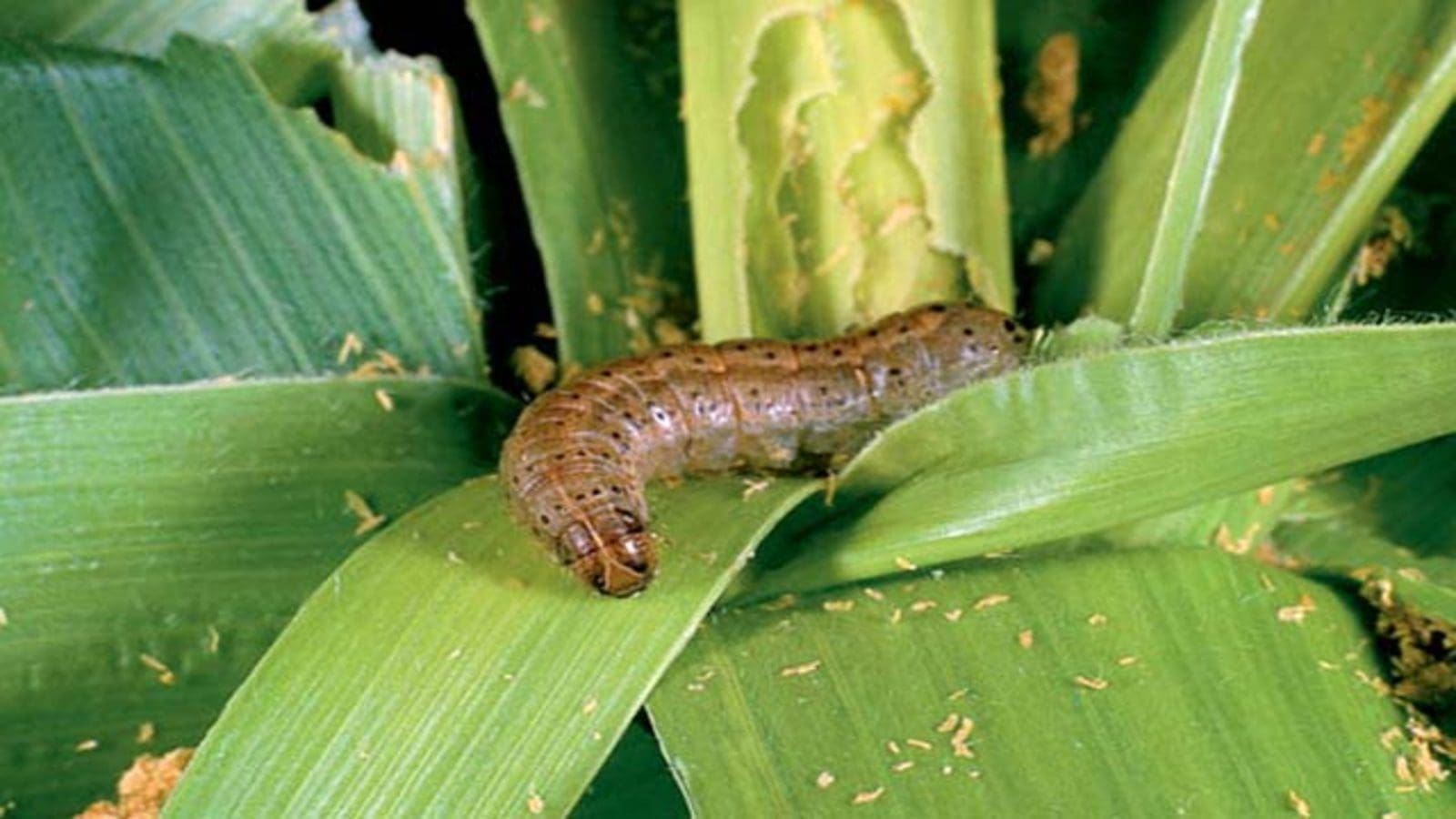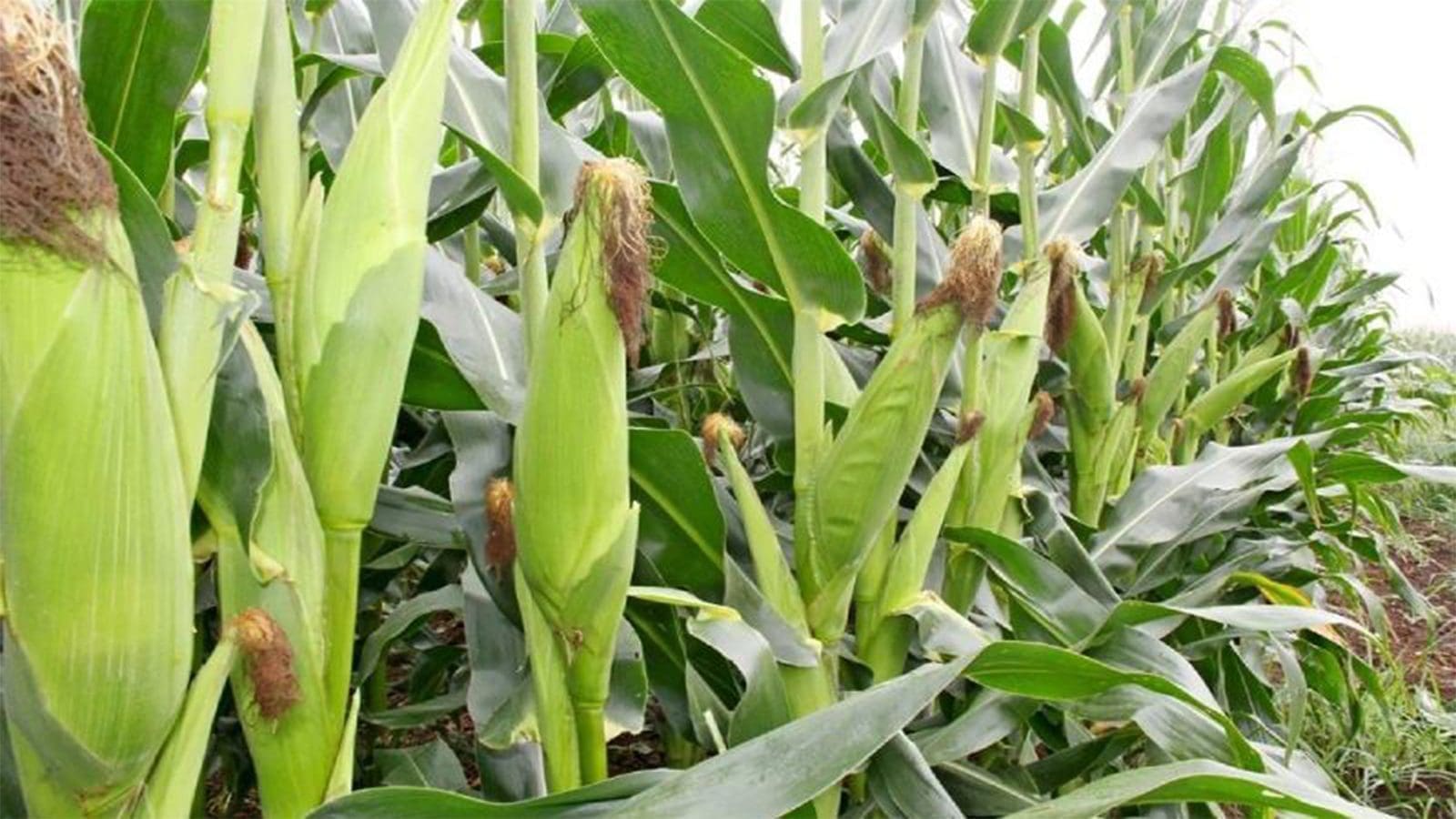WEST AFRICA- Food security efforts in Cameroon have received a major blow after 4,335 hectares of sorghum fall prey to Fall Armyworms.
According to local reports, the affected areas include Diamaré, Mayo Danay, Mayo Kani, and Mayo Sava departments.
Sorghum and maize production in Cameroon are the main drivers of agricultural production to provide staple as well as the source of employment.
However, the country might continue to endure a shortage in cereal reserves following the ongoing invasion by the Fall Army Warm that is wreaking havoc in sorghum plantations.
The region to be most affected is the north, where cereals (millet, sorghum, maize, rice) make up major portion of diet and deficits have widened in recent years due to changing climatic conditions.
In 2021, the cereal deficit in the Far North peaked at 74,560 tonnes, compared to 15,560 tonnes in 2020. An increase of 58,919 t year-on-year, or 378% in relative value according to calculations by Investir au Cameroun.
However, government agencies have urged farmers to raise an alarm early enough when hit by such calamities to allow for mitigation.
“Farmers don’t sound the alarm in time when they see an attack. It is when they are overwhelmed by events that they come to us,” lamented Aimé Djouldé Dalla, the head of the phytosanitary base in the Far North of the country.
Zambia is batting pests in maize and cassava crops
Elsewhere in Zambia, the government has provided 12,000 liters of chemicals to farmers in Northern Province to control the invasion of Fall Army Worms in maize fields.
According to Lewis Mwape, Northern Province Deputy Permanent Secretary, the intervention measure is aimed at helping farmers to secure their crops before the pest becomes unmanageable.
However, Mr. Mwape said the government will prioritize farmland that has been highly affected by the pest even though about 120 agriculture camps in the province have already been affected by the army worms corresponding to an infection rate of 10%.
In addition to the army pest, Innocent Mulauzi, the Provincial Principal Agriculture Officer said that the country is also battling with the Cassava Brown Streak virus which has affected the cassava crop and is spreading at a very high rate.
“The virus is spreading at a very faster rate and if nothing is done it will completely wipe out the cassava crop,” he said appealing to the government and other well-wishers to help control the virus.
For all the latest food industry news from Africa and the World, subscribe to our NEWSLETTER, follow us on Twitter and LinkedIn, like us on Facebook and subscribe to our YouTube channel.










